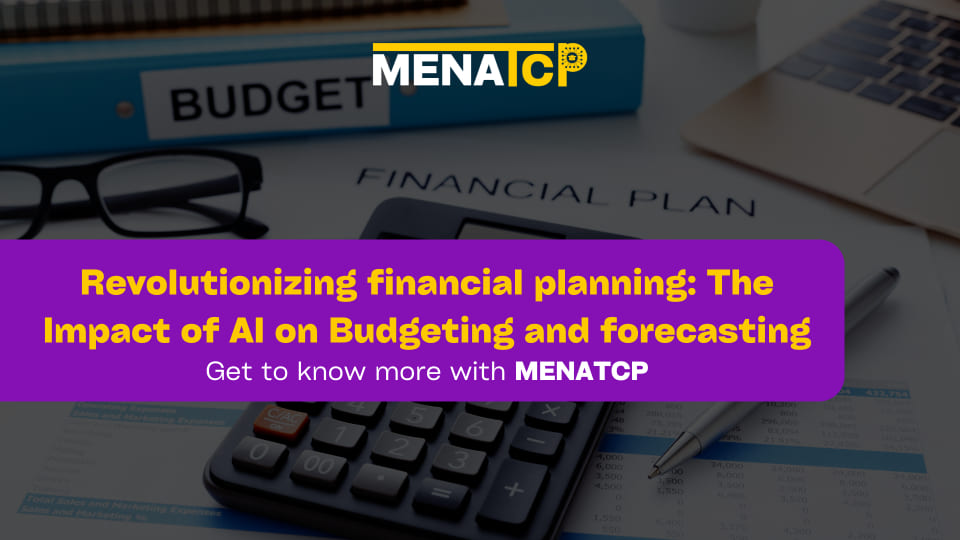Businesses are using artificial intelligence (AI) more and more to improve their forecasting and budgeting procedures in a time when data drives decision-making. The traditional methods of financial planning, characterized by static budgets and labor-intensive analysis, are becoming obsolete. This blog examines how AI is reshaping the landscape of budgeting and forecasting, offering businesses a more agile and informed approach to financial management.
Historically, budgeting and forecasting have been time-consuming processes requiring significant manual input. Teams often relied on historical data and educated guesses to project future performance. This traditional approach poses several challenges:
AI is revolutionizing budgeting and forecasting by enabling organizations to leverage data more effectively and make predictions with greater accuracy. Here’s how AI is transforming financial planning:
AI can analyze vast datasets at unprecedented speeds. By employing machine learning algorithms, businesses can automatically identify trends and patterns in historical data, leading to more accurate forecasting. This capability not only reduces the time spent on data analysis but also improves the quality of insights drawn from the data.
AI allows for the creation of dynamic budgets that can adapt in real time to changes in business conditions. This flexibility enables organizations to respond promptly to market shifts, economic fluctuations, and operational changes. As a result, businesses can maintain a competitive edge and optimize resource allocation.
One of the most significant benefits of AI in budgeting and forecasting is its predictive analytics capabilities. By analyzing historical data alongside external factors (such as market trends and economic indicators), AI can generate more accurate forecasts. This predictive power helps organizations anticipate challenges and seize opportunities, ultimately leading to better financial outcomes.
The applications of AI in budgeting and forecasting are vast and varied. Here are a few practical examples:
Sales Forecasting:
AI can enhance sales forecasting by analyzing customer data, purchasing behaviors, and market conditions. By identifying patterns in sales history, AI algorithms can generate more accurate revenue projections, enabling organizations to plan their operations effectively.
Expense Prediction:
AI can assist in predicting future expenses by analyzing historical spending patterns and external factors. This predictive capability helps organizations identify potential cost overruns and adjust budgets accordingly.
Resource Allocation:
AI-driven insights can inform better resource allocation by identifying areas where investments are likely to yield the highest returns. This capability ensures that financial resources are deployed strategically, maximizing efficiency and profitability.
As AI technology continues to evolve, the future of budgeting and forecasting looks promising. Organizations that adopt AI-driven financial planning tools will be better equipped to navigate an increasingly complex and dynamic business environment.
Integration with Other Technologies:
The future of AI in budgeting and forecasting will likely involve integration with other emerging technologies, such as big data analytics and cloud computing. This integration will enhance the capabilities of financial planning tools, providing organizations with comprehensive insights into their financial health.
Increased Collaboration:
AI will also facilitate greater collaboration across departments. By providing real-time insights and forecasts, finance teams can work more closely with other business units to align financial strategies with overall business objectives.
Empowered Finance Teams:
As AI automates routine tasks, finance professionals will have more time to focus on strategic initiatives. This shift will empower finance teams to play a more significant role in driving business growth and innovation.
The integration of AI into budgeting and forecasting processes represents a significant shift in how organizations approach financial planning. By enhancing data analysis, enabling dynamic budgeting, and providing predictive insights, AI is transforming financial management into a more agile and informed discipline. As businesses embrace these advancements, they will be better positioned to thrive in a rapidly changing economic landscape, making smarter decisions that drive sustainable growth.
